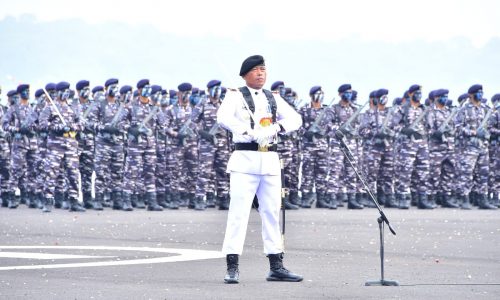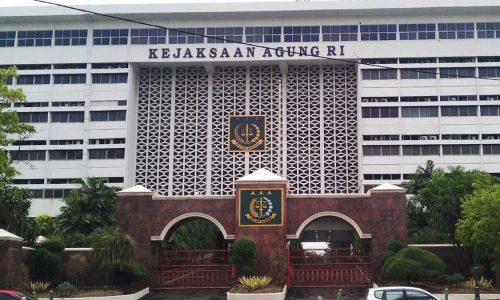The Indonesian government is expediting the establishment of legal frameworks for foreign carbon trading policies. Erick Thohir, Interim Coordinating Minister for Maritime Affairs and Investment, aims to finalize these regulations before the United Nations Climate Change Conference, COP28, in the United Arab Emirates on November 30, 2023.
Erick emphasized the need for strong support from relevant ministries and agencies, including the Ministry of Environment and Forestry (KLHK), the Ministry of Energy and Mineral Resources, the Ministry of Finance, and the State Secretariat, to conclude the regulatory and legal framework for foreign carbon trading.
The Ministry of Maritime Affairs and Investment (Kemenko Marves) and KLHK are coordinating efforts to establish this legal framework to expedite the Carbon Value Economic Committee’s meetings. This will play a pivotal role in foreign carbon trading policies.
Previously, KLHK issued Ministerial Regulation No. 7/2023 regarding the Procedure for Carbon Trading in the Forestry Sector. Additionally, there is Presidential Regulation No. 98/2021 on the Implementation of the Carbon Economic Value for Achieving National Determined Contributions (NDC).
Drasospolino, Secretary of the Directorate General of Sustainable Forest Management at KLHK, mentioned that Indonesia has committed to reducing greenhouse gas emissions by 29% independently and by 41% with international support.
He explained that the approach to control climate change includes implementing Carbon Value Economic (CVE) policies, one of which is carbon trading mechanisms. Indonesia intends to reduce emissions via these mechanisms.
Two carbon trading mechanisms
Cap and Trade: Businesses are required to reduce greenhouse gas emissions based on a predetermined emission cap. Each business receives an allocation corresponding to its emission cap.
At the end of the period, companies must report their actual emissions. If a business releases more emissions than its allocated cap (a deficit), it must purchase surplus emissions from other entities.
Carbon Offset: Tradable carbon offsets result from emission reductions achieved after meeting NDC targets for specific sub-sectors and having surplus emission reductions. Emission reductions are attained through climate change mitigation actions or activities.
To verify this, businesses must provide evidence of the technologies used, known as Monitoring, Reporting, and Verification (MRV). These technologies include absorption or carbon storage.
Indonesia’s carbon mitigation actions are outlined in Ministerial Regulation No. 7/2023 and include reducing deforestation rates in mineral and peatland areas and mangroves, decreasing forest degradation rates in mineral and peatland areas and mangroves, afforestation, sustainable forest management, forest rehabilitation, and more.
Indonesia holds potential for carbon trading market worth IDR 8,000 trillion
Airlangga Hartarto, the coordinating minister for Economic Affairs, revealed that Indonesia has the potential to generate additional revenue amounting to trillions of rupiah from the carbon trading of tropical forests, mangroves, and peatlands. He stated that Indonesia’s carbon economy’s potential value reaches approximately US$ 565.9 billion or about IDR 8,000 trillion.
Airlangga explained that various sectors contribute to carbon emissions in Indonesia, including forestry and land, agriculture, energy and transportation, waste, industrial processes, and product use.









